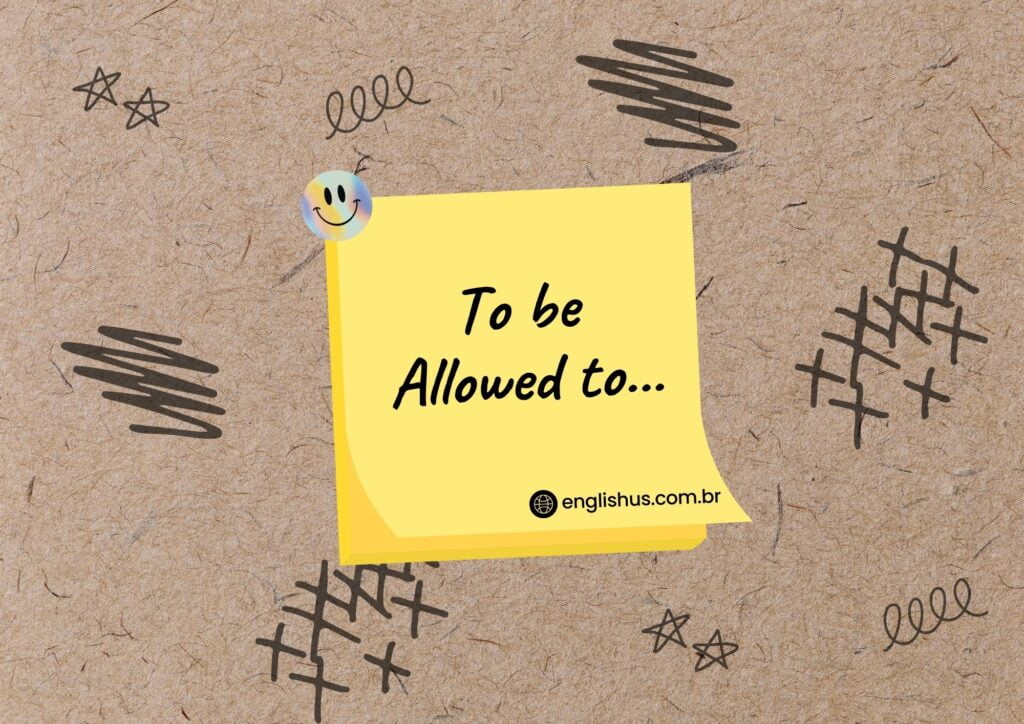Hello, EnglishUs readers! Welcome back to another insightful lesson. Today, we’re going to talk about an important phrase in English: Learn from Mistakes: understanding“should have.” This phrase is essential for expressing regrets, giving advice about past actions, and reflecting on what could have been done differently. Let’s dive into how to use “should have” correctly and confidently in your conversations.
What Does “Should Have” Mean?
“Should have” is used to talk about something that didn’t happen in the past but would have been a good idea. It’s often used to express regrets, advice, or criticism. When you say “should have,” you’re reflecting on past events and suggesting that a different action would have been better.
For example:
- I should have studied harder for the exam. (Regret)
- You should have called me. (Advice)
- She should have apologized. (Criticism)
The Structure of “Should Have”
The structure for using “should have” is simple. Here’s how it breaks down:
Subject + should have + past participle
Positive Sentences
In positive sentences, you use “should have” to express that something would have been a good idea:
- I should have gone to bed earlier.
- He should have brought an umbrella.
- They should have asked for directions.
Negative Sentences
In negative sentences, you use “should not have” (often contracted to “shouldn’t have”) to express that something was a bad idea:
- I shouldn’t have eaten so much cake.
- You shouldn’t have driven so fast.
- She shouldn’t have skipped the meeting.
Questions
To ask questions with “should have,” you invert the subject and “should”:
- Should I have told him the truth?
- Should they have left earlier?
- Should we have taken the other route?
Practical Examples in Everyday Situations
Regrets
We often use “should have” to express regrets about the past, things we wish we had done differently.
- I should have studied more for the test. (Now I regret not studying more.)
- She should have worn a coat. (She’s cold because she didn’t wear a coat.)
- We should have left the house earlier. (We’re late because we didn’t leave earlier.)
Advice
“Should have” is also used to give advice about past actions, suggesting what would have been a better decision.
- You should have called me if you needed help. (It would have been better if you had called.)
- He should have saved some money for emergencies. (It would have been wiser to save money.)
- They should have booked the tickets in advance. (It would have been better to book early.)
Criticism
Sometimes, we use “should have” to criticize someone’s past actions, pointing out what they did wrong.
- You shouldn’t have said that to her. (It was wrong to say that.)
- She shouldn’t have lied about the incident. (It was wrong to lie.)
- They shouldn’t have ignored the warnings. (It was wrong to ignore the warnings.)
Tips for Using “Should Have”
- Remember the Past Participle: Make sure to use the past participle form of the verb after “should have.”
- Practice Common Verbs: Get familiar with common past participles like “gone,” “done,” “seen,” “eaten,” etc.
- Use It in Context: Think about your own experiences and practice using “should have” to talk about past decisions and regrets.
- Listen to Native Speakers: Pay attention to how native speakers use “should have” in conversations, TV shows, and movies.
Common Mistakes to Avoid
- Using the Wrong Verb Form
Incorrect: I should have go to the party. Correct: I should have gone to the party.
Incorrect: You should have did your homework. Correct: You should have done your homework.
- Omitting “Have”
Incorrect: She should called me. Correct: She should have called me.
- Using “Should Have” for Present or Future
Remember, “should have” is only for talking about the past. Use “should” without “have” for present or future advice.
Incorrect: You should have go now. Correct: You should go now.
You’ve just learned an essential part of English grammar. Keep practicing, and soon “should have” will become a natural part of your English conversations.
Understanding how to use “should have” correctly can help you express your thoughts more accurately and reflect on past actions effectively. It’s a powerful phrase for discussing regrets, giving advice, and offering constructive criticism.
For more tips and strategies on improving your English, check out the ebook “The Personal Development through English Language.” This ebook is packed with practical advice and inspiring stories that will help you enhance your language skills and achieve your personal goals. It’s not just about learning English; it’s about using the language to unlock new opportunities and transform your life. So, grab your copy today and continue your journey toward becoming fluent and confident in English! For more Informations, click HERE.
Keep practicing, stay curious, and see you next time on EnglishUs!

